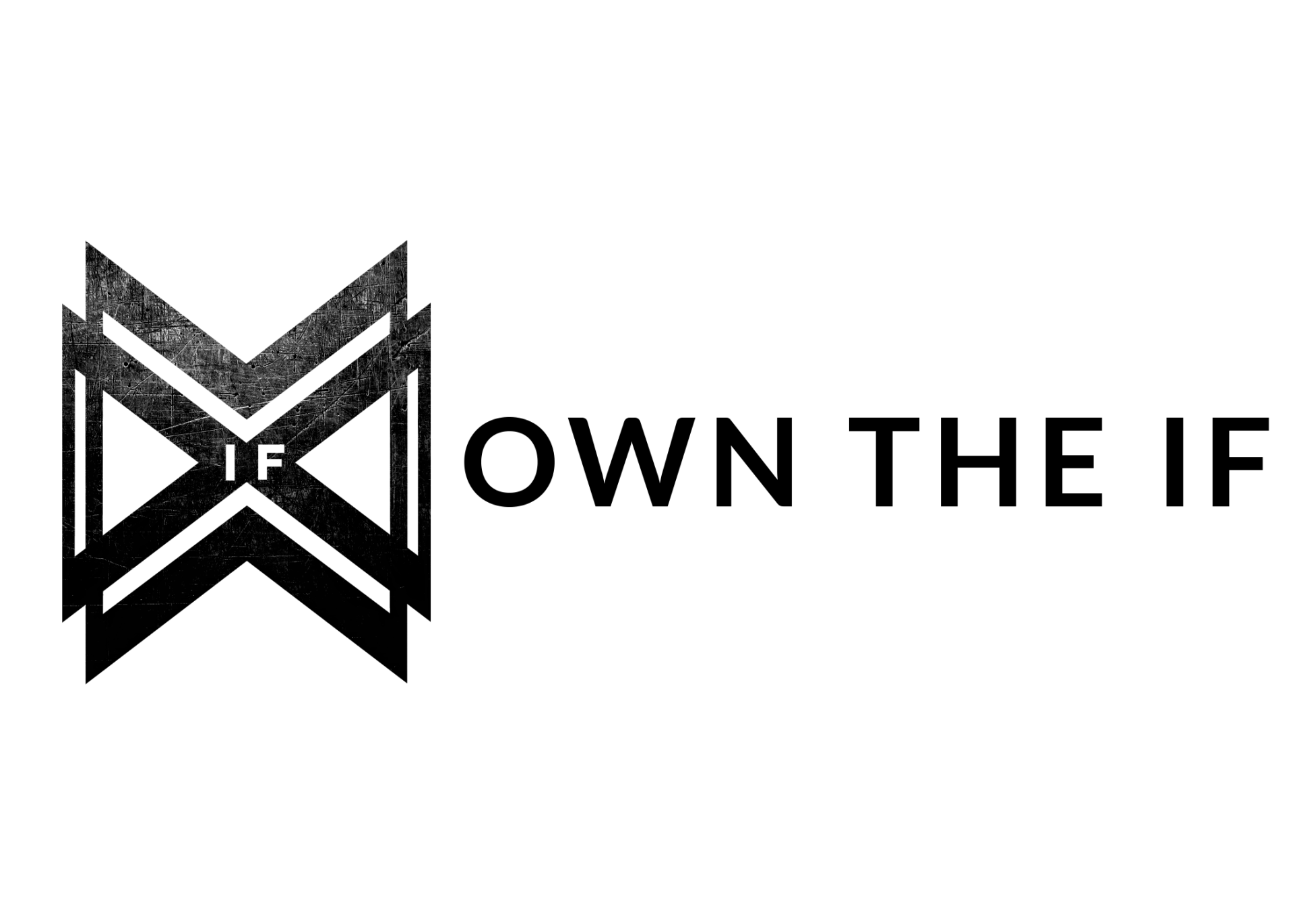If I had a dollar every time I asked a patient or client “how's your quality of sleep?” and they responded “terrible” I would be a thousandaire. I talk about sleep and improving sleep quality frequently because it is a major area of frustration and source of fatigue for many people. There are many ways to help improve your sleep, however I have found a solid evening routine that might be helpful to catch some higher quality ZzZz.
If you struggle with finding a routine to improve your sleep, a good place to start is Brendon Burchard’s simple 3-2-1-Sleep routine:
3 Hours before Sleep: No Food
2 Hours before Sleep: No Work/Social Media/News
1 Hour before Sleep: No Screens of any kind
(source)
I have tried his routine, and I will admit that when I intentionally complete it, my quality of sleep is significantly better. This has been proven through the measurements recorded from my Garmin watch. I have monitored my sleep on and off for eight years, and tracking it nightly for over two. My Garmin Forerunner 245 captures my deep/REM/light sleep cycles, but I also look at my Body Battery (measurement of my energy reserves/recovery) and how much it has recharged overnight.
When completing the 3-2-1 Sleep routine, I have noticed significant improvements in the data captured while I sleep. There is a noticeable improvement in the duration/frequency of my sleep cycles, increase of recharge, and a significant change in how energized I feel upon waking.
Here is how it works:
Determine the time you want to be in bed asleep, this is crucial, then work backwards to determine your times. It may be helpful to set alarms on your phone to help remind you to stick to the time parameters.
- Set your bedtime, for example 10:30 pm.
- Three Hours before bed, stop eating/snacking if possible. The reason for this is because it will reduce reflux, digestion issues, or fullness that can lead to trouble sleeping. Digestion is work for the body, and doing this work while you are earlier in the evening and awake allows the body and brain to rest at the time you desire. This does not mean you should skip a meal/snack if needed, but striving for this time could help decrease potential issues from a full stomach. For our example this would be 7:30 pm.
- Two hours before bed stop working/viewing social media/watching the news. Work, social media and news can be stressful, or lead to negative feelings of frustration, anger, or sadness that can genuinely impact your ability to fall asleep or stay asleep. This would be 8:30 pm for our example.
- One hour before bed stop using screens of any kind. We are all guilty of going to check one thing or set an alarm and then 2 hours later we are watching random videos on the internet. Setting your alarm prior to this one hour, and using that time to set out your clothes for the next day, write down your to-dos, read a physical book (not an E-Book) stretch, meditate, or do some breath work can help relax and cue the body for sleep. This would be 9:30 pm for the example.
The great thing about this routine is the ability to customize the framework. You can make it work for you in way that is doable for your lifestyle. I have lengthened the time frames for me in some cases and I also added putting my phone on Do Not Disturb after 9 pm to reduce sensory input while prepping for sleep. The routine that can benefit you the most is the one you are able to stick to with ease.
If you struggle with getting good quality sleep give this a try and let me know how it has worked for you!


